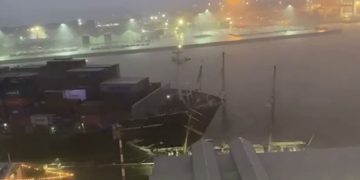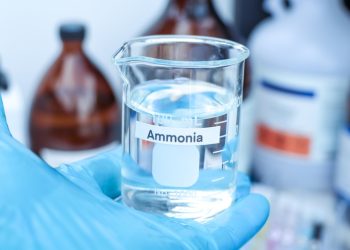The latest revision of the STCW convention has mentioned the word competent – Nothing has really changed
S4S: What’s new about STCW 2010, training, certificates and competency?
JD : Our crews and our officers have to be better trained, so that they have even more competence. We have certificates of competency and we do short courses. Actually, the size of the certificates that seafarers have to carry is getting bigger every year. The latest revision of the STCW convention has mentioned the word competent and that made a lot of people worry about what will happen. Nothing has really changed. There will be certain demands made, but nothing of major importance. Look at the ‘Competence tables’ for attaining specific skills. Knowledge is still the same, understanding, proficiency, criteria for evaluation and as we read through we find more about moving into more practical, on board training instead of academic. We have basic and advanced training for personnel on tankers and new certification for electro-technical officers and able-seafarers deck and able-seafarers engine.
S4S: Who is it going to the trainer? Are there any issues regarding the onboard training?
JD : Competence has been extended in the 2010 amendments to the specialized training of tanker personnel. The focus is on ‘outcomes of training’. This is reinforced by the education, training and sea-going service requirements. Also included is the emphasis in respect of on board training. The question here is who conducts the on board training. One of the members of staff on board the ship? All officers are restricted by the hours of work and rest. It is right to expect officers, whether deck or engine room to conduct training during watch keeping duties? Do they contravene the requirements of watch keeping if they are conducting training while the priority is keeping a safe watch? Another issue is Computer Based Training (CBT). CBT is 24/7 and therefore can be fitted in the rest hours. As a result people may not use their rest.
S4S: Can you explain a bit further the convention’s ‘competency tables’?
JD : The competency tables contain very specific criteria and criteria for evaluating them. This way, precise standards of competence relevant to all of the safety and pollution prevention tasks that must be performed on board a ship are in place. All of the individual tasks and skills required to operate a ship have been identified and grouped together. These represent practical units of ability that can be readily assessed. It must be remembered that as with any IMO Convention, this is the minimum standard that must be achieved. Another issue is that the designated person has to be trained qualified and experienced and have objective evidence for that. The company must be in place to provide the training to the designated person and the documentary evidence that this person is suitable.
S4S: What is your view about the future of certification of seafarers?
JD : Certification of Seafarers is changing. There will be more and more requirements and companies will become more involved in the training of crews as the requirements of on board training expand. Retention of crew will become important because of the cost. New sources of crew will be required to cover the shortfall in numbers while old sources will reduce as countries become more affluent and therefore companies will need to use a number of countries to supply crew to them so as not to become too dependent on one country. Finally, the maritime colleges will have to adapt to meet those demands and the integration of on board training will have a greater part to play in meeting these demads.
Capt.John Dickie is Principal Consultant at JDass and Associates Ltd
Above interview is adapted from Capt.John Dickie’s presentation during the 2nd Safety4Sea Forum.
You can view Capt.John Dickie’s presentation during 2nd Safety4Sea Forum.






























































